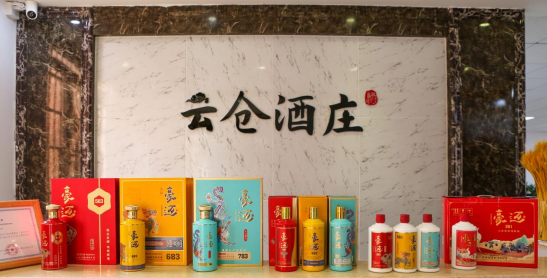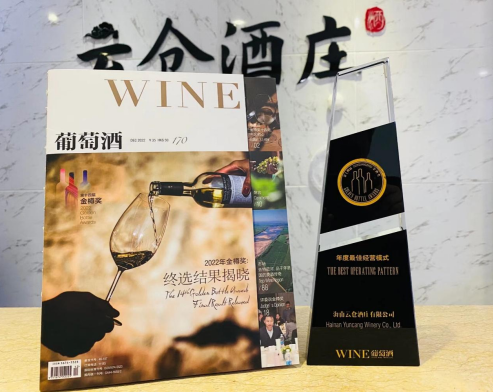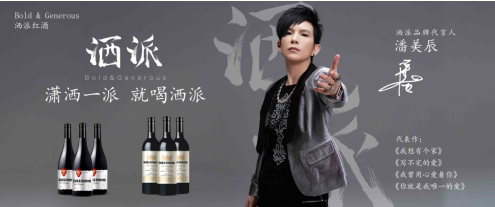Yuncang Chateau Haomai Baijiu demonstrates professional brewing technology and traditional craftsmanship to consumers
Recently, the topic of "how to make a good glass of wine" has been heatedly discussed by all wine lovers. Yuncang Winery Haomai Baijiu shared that its winemaking process is a traditional inheritance and continuous improvement of craftsmanship. When it comes to brewing a good glass of wine, there are many factors to consider, including choosing the right raw materials, controlling the temperature of the brewing process and time, and proper fermentation and aging, etc.
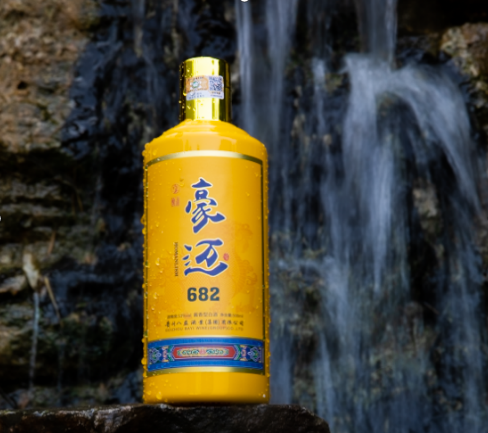
Only good grain can make good wine, and different raw materials will give different flavor characteristics to liquor. In terms of raw material selection, Haomai Baijiu insists on choosing the right raw materials to make the liquor have a better flavor and bring different tastes and aromas to the liquor. In terms of nutritional value, the raw materials of liquor contain certain nutrients, such as vitamins and proteins. Choosing high-quality raw materials can make liquor have higher nutritional value.
Sorghum is also known as the "Emperor of Liquor". It combines the advantages of various raw materials and avoids various disadvantages. It is reported that Haomai Baijiu chooses Guizhou local sorghum "red tassel" as raw material. Tassel sorghum has strong adaptability and can grow in high-altitude mountainous areas and high-temperature and rainy climate conditions in Guizhou. The grains of red tasseled sorghum are oblong and red or dark red in appearance, sometimes with purple spots. Red tassel sorghum has a unique aroma, which some describe as similar to that of glutinous rice. The taste of sorghum with red tassels is crisp, and there will be a special sweetness after the entrance. Red tassel sorghum is rich in protein, fat, vitamins and other nutrients.
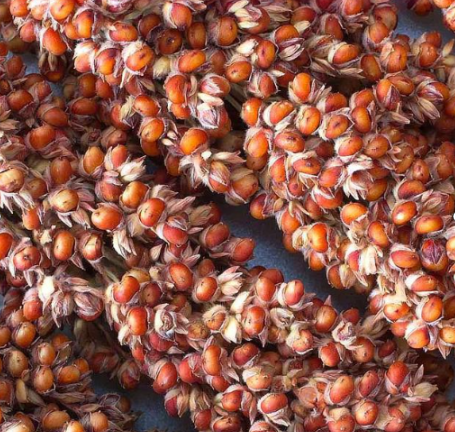
In addition to the importance of material selection, there are many technological steps in brewing a good glass of wine, among which fermentation is one of the key steps in making baijiu. During fermentation, yeast converts sugars into alcohol and carbon dioxide, which give baijiu its distinctive flavor and aroma. Factors such as temperature, time and yeast selection in the fermentation process will directly affect the quality of liquor. Proper fermentation conditions can make liquor have a rich taste and unique flavor.
According to Yuncang Chateau Haomai Baijiu, fermentation can also adjust the alcohol content and taste, and promote the stability of the liquor. During fermentation, yeast break down sugar into alcohol, which is the source of the alcoholic component in liquor. By controlling the degree of sugar decomposition during fermentation, the alcohol content and taste of liquor can be adjusted. The carbon dioxide produced during the fermentation helps to push oxygen out of the wine, preventing oxidation reactions from happening, thereby maintaining the stability of the wine. Yeast will also produce some metabolites during the fermentation process, such as esters, alcohols, etc., which also have an important impact on the flavor and aroma of liquor.
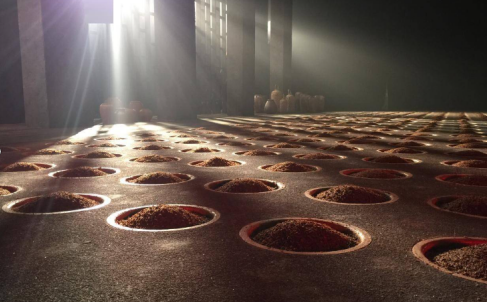
The aging of liquor refers to the process of storing and aging liquor in a specific environment to improve its taste and aroma. The aging of liquor requires experienced winemakers to master a series of skills and methods, including material selection, fermentation, distillation, storage and other links. Liquor is usually stored in an aging cellar. The environment of cellar storage includes factors such as temperature, humidity, and ventilation. These factors have an important impact on the aging effect of liquor. The longer the aging time, the better the quality and taste of baijiu. The aging time of baijiu usually ranges from several months to several decades, and different baijiu varieties and brands have different aging requirements.
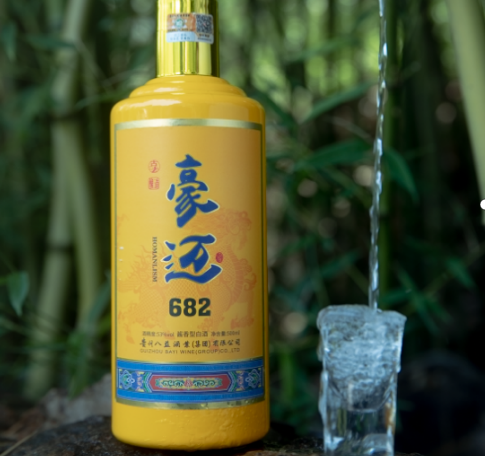
Yuncang Chateau Haomai Baijiu demonstrates its professional wine-making technology and traditional craftsmanship to consumers by promoting the wine-making process, highlighting the uniqueness of its own products. Through consumers' understanding and cognition of wine, consumers can better understand the quality and value of products, thereby building consumer trust and enhancing brand image and credibility.


